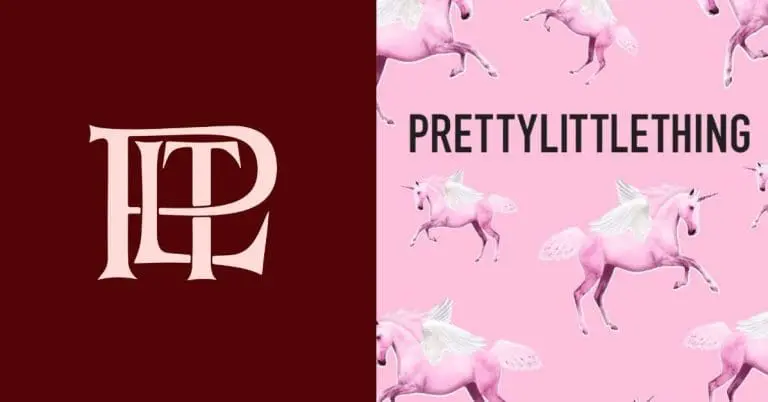On a gorgeous sunny day recently I sent out a tweet – “Make hay when the sun shines – it’s a great time to close those deals #Positivity”
Well, that’s what I meant to say …. With the predictive typing on my iPhone the intended message went out as “May hay when the sun shines ….” Oopps!
I didn’t realise my error until I received a message on LinkedIn by a connection letting me know in no uncertain terms “the expression is make hay….“.
I was really annoyed to see the comment – ok it was a mistake, but surely anyone who read it would have seen the positive intent behind the post instead of being pedantic and motivated to just point out my error.
As annoyed as I was feeling I reflected on this criticism and realised that at times I do exactly the same myself. Recently I was at an event where we spotted a few grave “errors“.
We read through the event brochure and spotted a poem as part of the literature – initially I thought this was a novel idea and when I read it I spotted a “typo“. Surely a crime worth at least 1,000 lashes!
They had used the word “there” when they should have used the word “their” …. Tut tut! Of course I enjoyed my discovery and shared the error with the person sitting next to me.
At the same event we spotted the careless use of logos on the large screens – low resolution, poor placement and white border that could easily have been removed ….. Tut tut! Once again it was worthy of a little conversation and maybe another 1,000 lashes?
Did these errors reduce our enjoyment of the evening .. Of course not!
Why do we take pleasure at spotting mistakes? In this scenario we were in effect criticising a voluntary committee who clearly had gone to a lot of work for the night and instead of acknowledging the positives we were busy taking a little pleasure in how sharp we were in spotting someone’s errors.
Just like my critic that felt obliged to comment on my error instead of complimenting me on the sentiment …
Why do we subtract when we could be adding ?
Greg Canty is a partner of Fuzion








